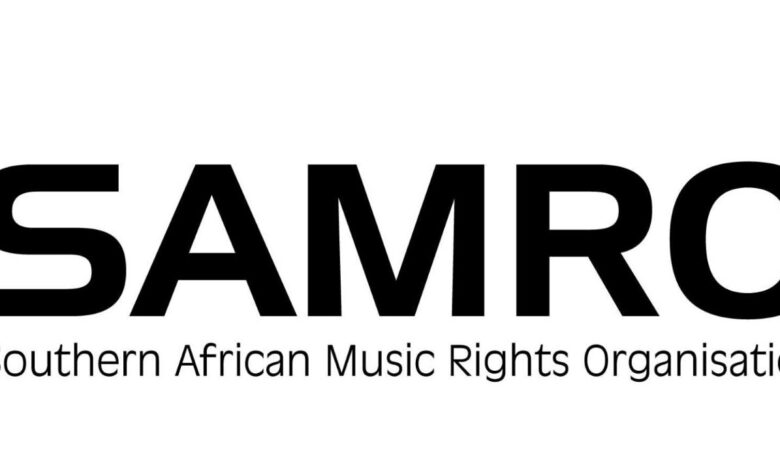Record Royalty Distributions After SAMRO Cost-cutting Measures

The Southern African Music Rights Organisation (SAMRO), Africa’s largest collection music organisation, has announced that it has distributed record royalties to its more than 16 000 members and increased their funeral benefit pay-out by 25%.
Speaking at the annual general meeting SAMRO board chairman, Nicholas Maweni, revealed the record royalties distribution and improved benefits for members came after the organisation implemented cost-cutting measures.
He said in the last financial year SAMRO distributed R408,9 million or 37,6 percent more in royalties, a significant jump from the previous year’s allocation of R297,2 million.
Maweni said the change in SAMRO’s fortunes was directly linked to “tightening of the belt” inside the organisation and growing revenue from traditional and emerging digital platforms.
“We have had to take some pain internally in the interest of our members and the organisation’s long-term sustainability,” explained Maweni.
“Non-core activities have been curtailed while we continue to explore new revenue streams. We continued with our initiatives to bring cost-to-income ratio closer to international standards.”
Maweni said there were savings achieved in “expense categories”, excluding personnel expenses.
SAMRO also had to re-examine its governance framework, which Maweni described as the “elephant in the room”.
He said the restructuring efforts at SAMRO were from “top to bottom” and “left no stone unturned”.
Maweni said poor performance of any organisation can often be traced back to a malfunctioning board, where corporate governance would have been allowed to slide.
“When personal interests take precedence over the greater good of an organisation, the rot can infiltrate its entire culture,” warned Maweni.
“We have seen it countless times in South Africa, with state capture or simple personal greed tainting numerous public and private entities.”
He says he is pleased to report that SAMRO now has a reduced board from 12 non-executive directors to 10.
The move was in line with SAMRO’s intention to have a higher number of Independent (Non-Executive) directors, who now comprise 30 percent of the board.
Maweni said the change in the board composition will enable maximum independence and add valuable skills.
“Reinstating good governance is not an easy affair, but that is my commitment to the thousands of musicians and artists served by SAMRO,” says Maweni.
He says the SAMRO board is in the process of changing the organisation’s status to a Public Benefit Organisation to better carry out its business objectives as a non-profit organisation with altruistic intent.
SAMRO is the only collection music organisation that has both a funeral benefit scheme and a retirement annuity fund for its members.
“We have increased the funeral benefit pay-out by 25% (from R20 000 to R25 000). The benefit covers the composer member, their spouse, and up to five children under 18 years,” revealed Maweni.
“The SAMRO Retirement Annuity Fund is for composer members only, in recognition of the fact that most musicians struggle to put a consistent amount away for their retirement, because their earnings tend to be erratic.”
Maweni said observing best practices when it comes to good governance was already bearing fruit at SAMRO.
“Good governance is indeed about being proper so that SAMRO can help its members prosper,” said Maweni.




